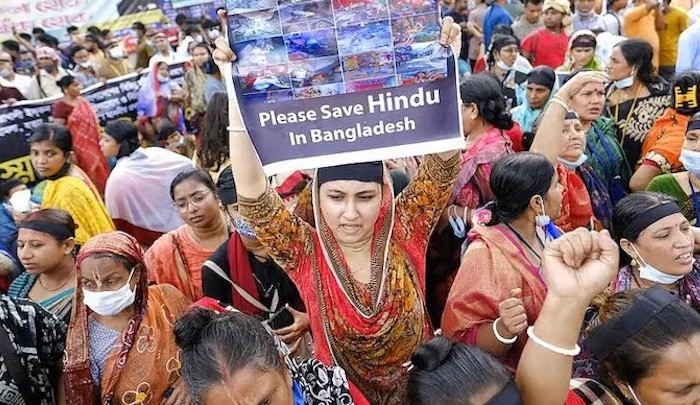New York: Attacker Who Attempted to Kill Salman Rushdie Sentenced to 25 Years in Prison
- Mahamunimodi Team
- May 20
- 3 min read

In a significant legal conclusion to a case that shocked the literary and global community, Hadi Matar—the man who brutally attacked acclaimed author Salman Rushdie during a public event in 2022—was sentenced to 25 years in prison by a New York court on Friday. The sentencing marks a milestone in one of the most violent acts of literary-related extremism in recent memory.
Matar, now 27, was convicted earlier this year of attempted murder and assault after a jury needed less than two hours of deliberation. The jury found that he had premeditatedly attempted to take the life of Rushdie in front of a horrified audience at the Chautauqua Institution in western New York. The incident left Rushdie severely injured and permanently blind in one eye.
Standing silently in a courtroom clad in white-striped prison attire and handcuffed, Matar did not deny his actions. In fact, when given an opportunity to speak, he launched into a defiant tirade, describing Rushdie as “a hypocrite.” Despite claiming to support free speech, Matar criticized the writer for allegedly disrespecting others, saying, “He wants to bully people, and I don’t agree with that.”
Prosecutor Jason Schmidt emphasized the cruelty and planning behind the act, asserting that Matar “designed this attack to cause the maximum amount of harm—not just to Mr. Rushdie, but to the entire community and the over 1,400 attendees present at the event.” The judge ultimately delivered the maximum sentence allowed under state law: 25 years behind bars.
However, this may only be the beginning of Matar’s legal consequences. He is also facing a separate federal trial on terrorism-related charges, which will likely delve deeper into his ideological motivations and potential foreign influences. Prosecutors argue that Matar’s actions were an attempt to fulfill a long-standing fatwa issued by Iran’s then-Supreme Leader Ayatollah Ruhollah Khomeini in 1989, which called for Rushdie’s death following the publication of his novel, The Satanic Verses. The novel was accused by some Islamic leaders of blasphemy and sparked global outrage, including book burnings and death threats.
The fatwa, although officially never rescinded, had been considered dormant by many over the years, and Rushdie—while continuing to live under intermittent threats—had gradually returned to public life. But authorities say Matar took that threat seriously. A dual American-Lebanese national, he allegedly drew ideological inspiration from Hezbollah, the Iran-backed Shia militant group in Lebanon. U.S. federal prosecutors have stated that Matar viewed a 2006 speech by then-Hezbollah leader Hassan Nasrallah as reaffirming support for the fatwa.
Matar traveled from Fairview, New Jersey, to the rural campus of the Chautauqua Institution with the explicit purpose of attacking Rushdie, smuggling a knife past minimal security and lunging at the author onstage just as he was being introduced for a lecture. Witnesses described the scene as chaotic and horrifying. Rushdie was stabbed multiple times before attendees managed to subdue the attacker.
The aftermath of the assault prompted renewed debates about the lingering dangers posed by extremist ideologies and the ongoing vulnerability of public intellectuals and artists. It also raised concerns over security at literary events and venues traditionally associated with open dialogue and civil discourse.
Despite his injuries, Salman Rushdie, a Booker Prize-winning author and an outspoken defender of free expression, has continued to inspire admiration around the world. His works, which blend magic realism with political critique, have been translated into over 40 languages. In his first public statement following the attack, Rushdie expressed gratitude to supporters and reaffirmed his commitment to free thought and literature.
The case of Hadi Matar serves as a sobering reminder that even decades after a controversy appears to subside, the ripple effects of incitement and radical ideology can persist, manifesting violently and unpredictably. As the federal trial approaches, more light is expected to be shed on the deeper motivations behind this heinous act—and whether others played a role in encouraging it.



Comments